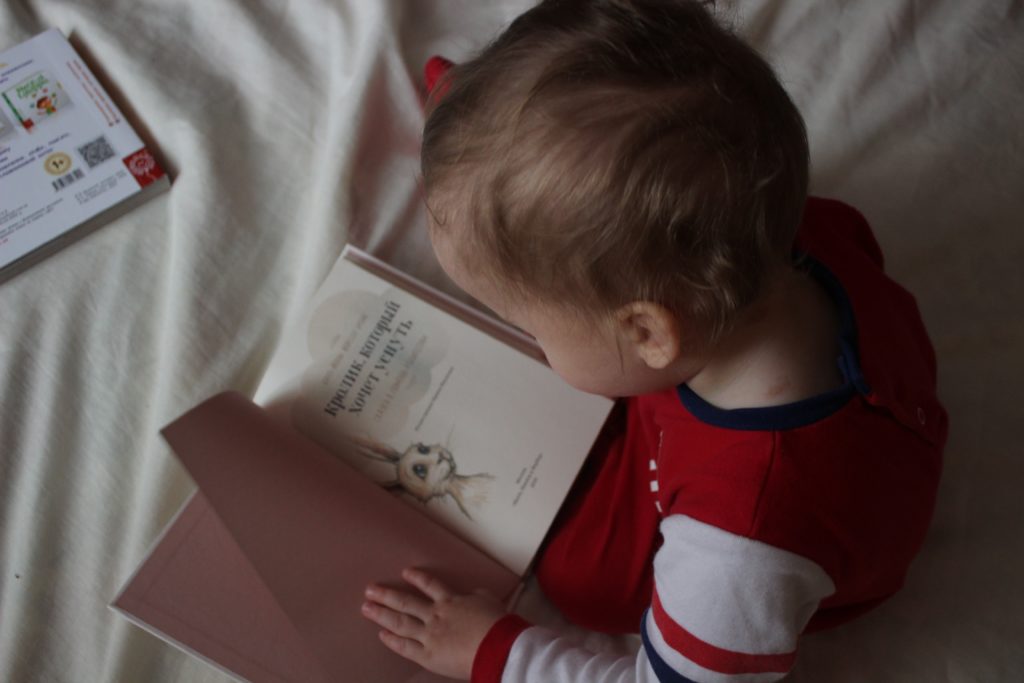The Evidence of Multilingualism and Children’s Intelligence

Table of Contents
Introduction
Multilingualism is the ability to speak more than one language. Raising Multilingual Children comes with many challenges and benefits. Many people believe that speaking multiple languages leads to higher intelligence in children. However, studies on this topic have produced mixed results.
This article examines the benefits of speaking multiple languages, including enhanced cognitive abilities. The effects of bilingualism on brain function, child development, and selective attention in bilingual children, multilingualism and cognitive performance in low-birth-weight infants, and counterarguments and challenges to the cognitive-benefit theory.
Cognitive Advantages of Bilingualism
Cognitive advantages refer to the benefits that multilingual children have in terms of their cognitive abilities. Studies have found a clear relation between multilingualism and children’s intelligence. They saw that multilingual children have cognitive advantages over monolingual children. For example, a study fount that multilingual children scored noticeably higher on working memory tasks.

“We observed significantly better performance from multilingual children than monolinguals in working-memory tasks. In one finding, we were able to classify multilinguals from monolinguals using only their whole-brain functional connectome at rest and during an emotional n-back task.”
Kwon, Y. H. et al. (2021). Source.
The study found that children who are multilingual are better at tasks that require them to control their thoughts and actions. Their brain connections, which help with these tasks, are different from those of children who know only one language. These differences are apparent even when the kids are still developing.
Impact of Bilingualism on Brain Function
Multilingualism impacts the brain’s processing differently than monolingualism. Scans of monolingual individuals show that they have to work harder to focus on a single word than multilingual individuals. This is due to the additional connections between various brain regions in multilingual individuals, which allows them to switch between languages more easily.

Bilingual Children and Selective Attention
Selective attention is the ability to focus on one thing while ignoring distractions. Bilingual children may have an advantage or disadvantage in this area. A study cited by Frontiers discovered that bilingual children performed better than monolingual children on selective attention tasks. Nevertheless, certain studies have revealed that bilingual children may require more time to handle information in some situations.
Multilingualism and Children’s Intelligence in Low Birth Weight Children
Very low birth weight children face unique challenges that can affect their cognitive development. A study conducted in the Netherlands and cited by the National Institutes of Health found that multilingualism was associated with poorer cognitive outcomes in very low birth weight infants. However, it’s important to consider the limitations of this study into account.
“Our study had several limitations. First, it is possible that the results were not solely due to multilingualism, but could also have been explained by immigrant status, low income, overall home literacy, cultural influences and/or ethnicity. We did not have in‐depth information on these factors, and we could not control for them in our sample. Second, we were not able to examine whether the lower verbal cognitive scores persisted throughout childhood or whether these caught up due to the ongoing exposure to the Dutch language at primary school. This should be subject of a future study. Lastly, due to our retrospective design, we did not include a control sample of full‐term children.”
Van Veen, S. et al. (2019). Source.
Another study disagrees with this theory. It speculated that multilingualism may serve as a strategy to improve executive functioning in preterm infants, based on the findings in typically developing children in whom multilingualism was associated with improved brain volume and plasticity, and with enhanced executive function skills.
Counterarguments To the Bilingual advantage Hypothesis
The bilingual advantage hypothesis is the idea that being bilingual can positively impact cognitive abilities. However, some scientists argue that this theory is difficult to test due to the complexity of the executive functioning (EF) construct. Executive functioning is a set of cognitive processes that are responsible for controlling and regulating other cognitive processes.
These processes include attention, working memory, and inhibition. Since executive functioning is a complex construct, it’s difficult to measure and test the bilingual advantage hypothesis. This means that while there are studies which suggest that being bilingual can positively impact cognitive abilities, it’s not easy to say for certain whether this is true or not.
A study by Western’s Brain and Mind Institute involving over 11,000 global participants found no cognitive advantages linked to bilingualism, challenging the previously suggested ‘bilingual advantage’. Participants underwent 12 online cognitive tests, revealing no evidence that bilingualism enhances other mental skills. However, the researchers highlighted the social, employment, and lifestyle benefits of knowing a second language. They stressed that the findings neither disadvantage bilinguals nor favor monolinguals. Instead, it offers clarity on the broader benefits of multilingualism.
Conclusion
Although there is some evidence suggesting a link between multilingualism and children’s intelligence, the results of different studies remain mixed. Some studies have found cognitive advantages in multilingual children, such as better performance on working memory tasks and selective attention tasks. However, other studies have questioned the ‘bilingual advantage’ hypothesis, finding no significant cognitive advantages associated with bilingualism. Furthermore, some studies have even associated multilingualism with lower cognitive outcomes in very low birth weight children, although the limitations of these studies must be taken into account.
Ultimately, while there are certainly social, employment, and lifestyle benefits to knowing a second language, the evidence for cognitive benefits remains inconclusive and more research is needed.












